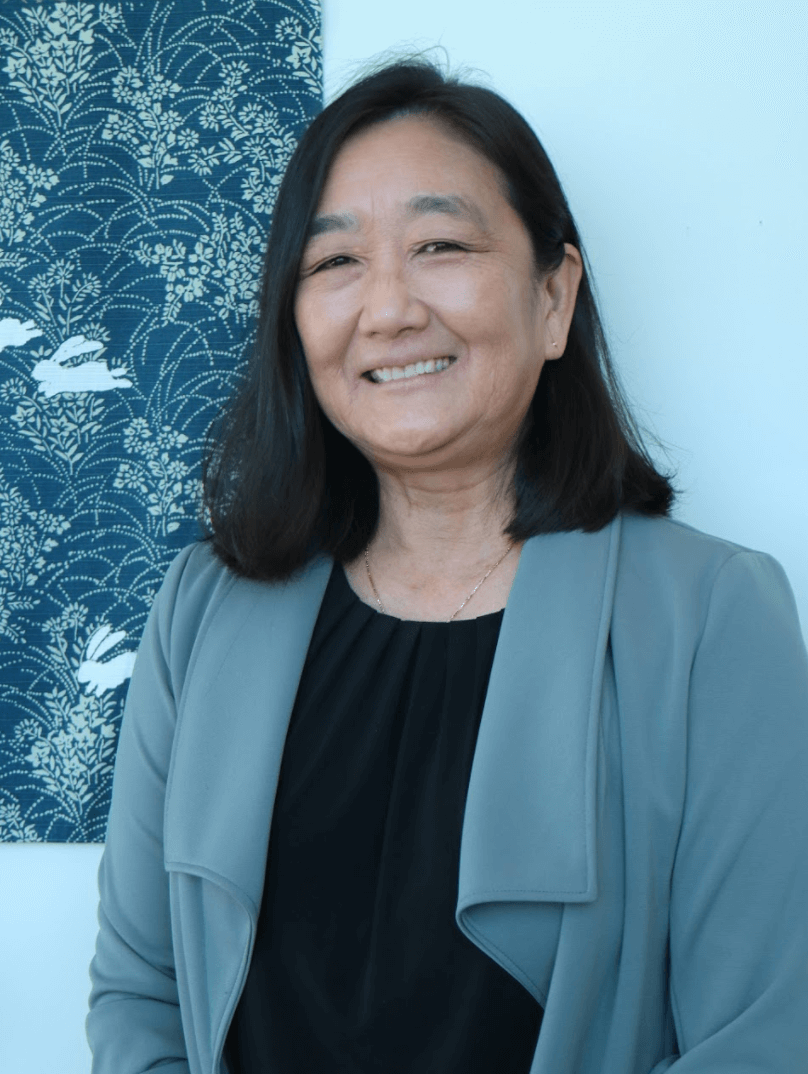
Interview with Judy Sakanari by Alexa Rocourt
Q: In a couple sentences, tell me about what you do in your work.
A: As a parasitologist, I study organisms that can cause harm or disease to an individual or another animal. An example would be a tapeworm, or common protozoan parasites, which are found in contaminated drinking water. I particularly focus on the parasites that cause neglected diseases, including the ones that are focused by WHO (World Health Organization), where hundreds of millions of people are afflicted by these parasitic infections, and they don’t have good access to health facilities or drugs. My background in parasitology is combined with drug discovery, and I am currently funded by the Gates Foundation to try to identify some safe, effective drugs against two worm infections. One is known as elephantiasis, and the other is called river blindness.
I also teach a medical parasitology course at UC Berkeley during the summer. I particularly enjoy providing stem tours, because I like to introduce this subject to young, budding scientists. They like seeing these worms squirm around and they get a little grossed out, but they are also really intrigued about the science and biology behind it. They love this material because it really opens up a whole new world to them.
We developed a drug discovery program to try to identify treatment. We work with other groups here, like with Michelle Arkin, Adam Renslo and Jim Wells. One thing that is really great about UCSF, is that it’s very interactive. You can just walk across the hall to start chatting with anybody, and that’s the way the whole lab is designed. Everything is close together so you can share equipment and ideas.
Q: What’s your favorite part about being a scientist?
A: Working with people in my lab and mentoring them in a way where they can start thinking more scientifically and creatively, while still being critical of what they’re reading and doing. I ask them what they want to do and try to help them advance and learn new skills. Everybody moves on, they don’t stay here forever, so it’s good to help them along in their careers.
Q: What have you created or discovered that you are most proud of or excited about?
A: One of the contributions we made to this program is called the worminator. One of my former students, Chris Marcellino, developed the software; The people in the lab that really stepped up and produced it.
Q: At the end of the day, why does your work matter?
A: When you travel to developing countries you see the real, critical need for help to eliminate the disease and its conditions. That’s what keeps me really really motivated; it’s knowing that in some way, even in a small way, I’m doing something to help. I take pride in teaching the medical parasitology course because I can see how it inspires my students’. That’s what makes me come back and teach the class.
Q: Outside of work, what do you do to relax?
A: I like to explore and try new things in cooking, which is very much like being in the lab anyway. You do a little experimenting, be a little creative, but you kind of follow a recipe and protocol.
Q: What situation do you think you’d feel the most out-of-place in? What is something that makes you uncomfortable?
A: To be honest, probably a place that doesn’t have diversity. That’s why I like the Bay Area, because it is very diverse. I thrive on learning and appreciating different cultures.
Q: In 100 years, what do you want to be remembered for?
A: For being a good mentor, provide a good learning environment for my staff, and hopefully develop a drug to help with the diseases.